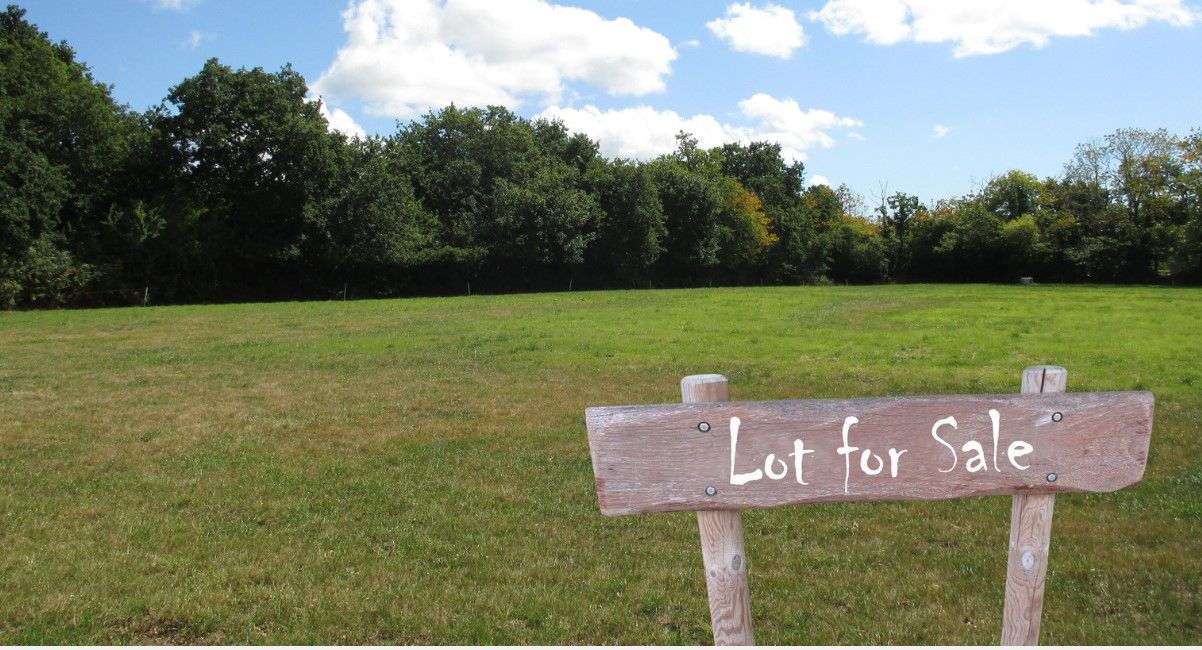What Rising Insurance Costs Mean for Home Values
In recent years, homeowners across the U.S. have been facing a growing concern: rising insurance premiums.

You have made the exciting – and brave – decision to build a new home. You have a solid design concept with all the financial ducks in a row. Yet this home purchase begins with a land purchase. After all, more than boards and beams; bricks and mortar; nails, nuts and bolts, there is the terra firma. Land puts the “real” in real estate. Of course, the choices are not unlimited even if you work within a large radius around a given location. Land is finite so you want to find the most hospitable host for your new residence. Land that best accommodates the house will also improve home value.
What Makes Land More or Less Desirable?
Location – Yes, the old realtor adage is true. Where the property is situated has significant effect on home value…and on your lifestyle as owner/occupants. What are the nearby traffic patterns? What are the schools like? How far is it from work? Is public transportation close at hand? Noise, neighborhood and nuisances should all factor into this decision.
Setbacks – Local governments make rules regarding how close a structure can be to the edge of the property. Make sure your design and dimensions will conform to them with each parcel you look at.
Topography and Hazards – The incline, soil and surroundings are also important variables. Abutting a forest sounds nice…until dry weather brings on wildfires. Similarly, soil texture can support or challenge the foundation, making it more or less expensive when laid.
Utility Access – Especially in remote areas, access to electricity, sewers, cable and gas might not be readily available. In these cases, the property owner must pay to connect to the existing infrastructure. Weigh such costs against other favorable qualities.
Easements – These give others the right to access the property for a particular purpose, e.g. as a thoroughfare or an avenue for utility placement. Find out if these are recorded for every property under consideration. They sometimes come with burdensome rules.
Using a Realtor
A real estate agent can be helpful in locating land that meets your needs and fits the proposed design of the house. Yet consulting on vacant land differs from doing so regarding an existing house. Using a professional who focuses on land may expedite the search process by means of expertise. These are often called land brokers, i.e. those realtors who specialize in bare land, ranch land and farm land. For one thing, they are usually quite familiar with the available land for sale in any given region. They can tread over each property and make an informed analysis in terms of how well matched it is to a buyer’s interests. Moreover, as buyer’s agents, they cost nothing since they split their commission with the seller’s agent.
Online Resources for Finding Vacant Land
A quick use of a search engine reveals many websites that list vacant land for sale. Shoppers can find tracts and parcels in every part of the U.S. along with information on prices, terrain, local conditions and contact people. They also provide the latest news on the land market and refer visitors to business partners such as mortgage lenders and developers. There are land buyers that take advantage of both techniques – employing a land broker and searching independently online. Doing so maximizes the possibility of finding optimal property that initiates your home purchase.